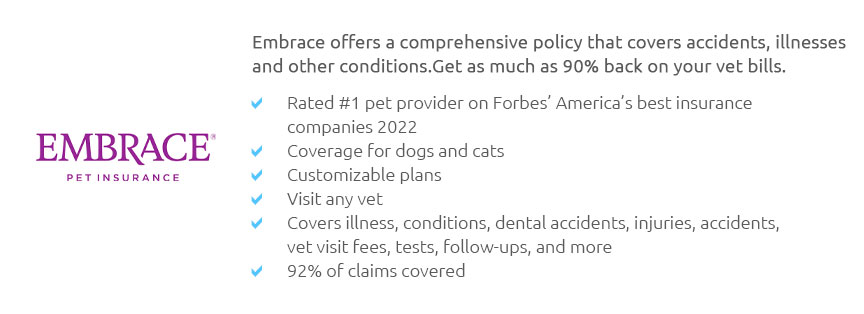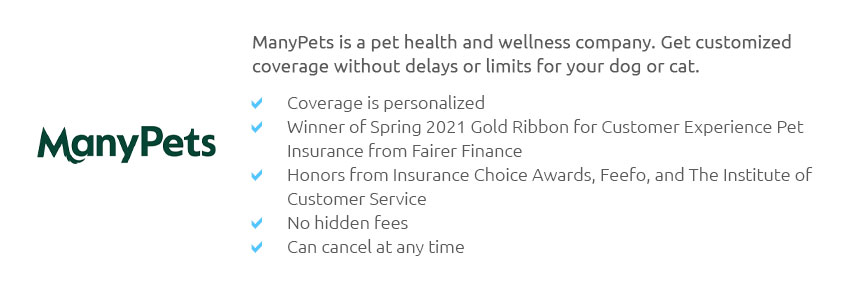 |
 |
 |
 |
 |
|
 |
|
 |
|
 |
|
 |
|
 |
|
 |
|
 |
 |
Understanding the Average Monthly Pet Insurance Cost and Its Impact on Pet CarePet insurance can be a crucial component in ensuring the health and well-being of your furry friends. Understanding the average monthly cost helps in budgeting and choosing the right plan for your pet. Factors Influencing Pet Insurance CostsThe cost of pet insurance can vary widely depending on several factors:
Types of Coverage AvailableThere are different types of coverage plans to consider: Accident-Only PlansThese plans cover injuries resulting from accidents but do not cover illnesses or routine care. Comprehensive PlansComprehensive plans cover accidents, illnesses, and often include routine care and preventive services. Ways to Manage Pet Insurance CostsManaging the cost of pet insurance is essential for making it a sustainable part of your budget.
FAQ Section
https://www.quora.com/How-much-does-pet-health-insurance-cost-per-month-in-California-USA
On average, pet insurance in the United States can cost anywhere from $20 to $70 per month. However, some policies may be more expensive or less ... https://www.valuepenguin.com/pet-insurance/average-cost-of-pet-insurance
Average Cost of Pet Insurance ... Pet insurance costs an average of $53 per month for dogs and $32 per month for cats, while overall pet insurance ... https://naphia.org/industry-data/section-3-average-premiums/
2023 Average Premiums (U.S.) ; DOG, Annual: $675.61. Monthly $56.30, Annual: $204.16. Monthly $17.01 ; CAT, Annual: $383.30. Monthly $31.94, Annual: $116.11
|